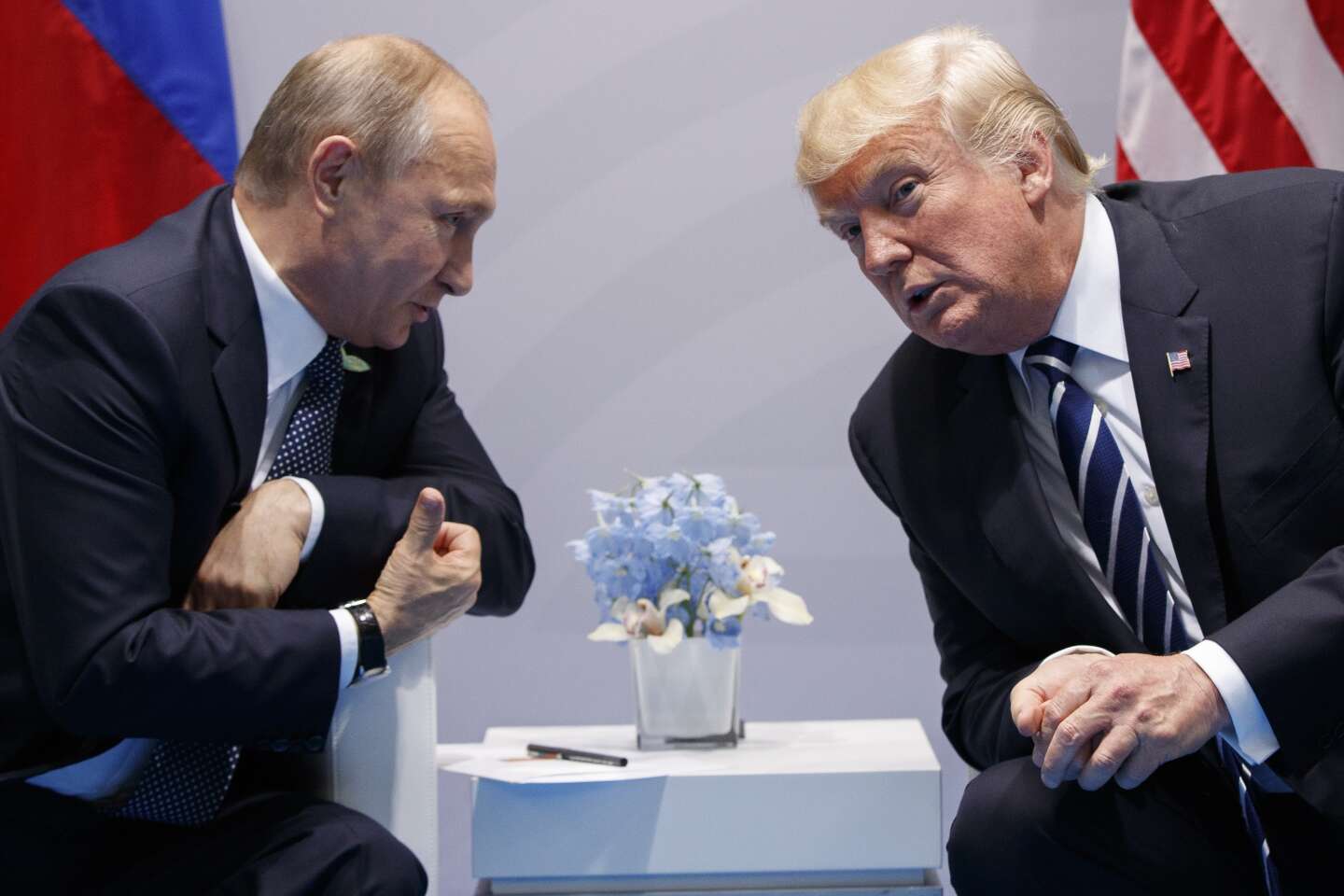


Fittingly, it was Viktor Orban who started the parade at Mar-a-Lago on March 8, the first European leader to greet candidate Donald Trump at his Florida residence, anticipating a possible victory of the former Republican president in the November 5 election. The Hungarian prime minister was not disappointed by the trip: Trump treated this "great leader of Europe" and "great man" to a party and a shower of compliments.
Two other politicians have since crossed the Atlantic to meet President Joe Biden's opponent: David Cameron, the British foreign secretary, and Polish President Andrzej Duda, who dined with Trump in New York. The Briton's approach was clearly stated – to advocate for the release of aid for Ukraine in Congress – and he informed the White House of this; the Pole's, on the other hand, was more ambiguous. Duda, who belongs to the right-wing nationalist party Law and Justice (PiS) and must stand alongside the pro-European Prime Minister Donald Tusk, even though he is in favor of aid to Ukraine, made no secret of his sympathy for Trump when the latter occupied the Oval Office. He even invited him to set up an American base in Poland, which he would have christened "Fort Trump."
The next European visitor has yet to be announced, but the real transatlantic traffic to watch will be that which is sure to intensify if Trump is elected on November 5. The hypothesis, which has caused panic in some embassies since it became a possibility, could prove to be a powerful factor in dividing Europe.
Will the first foreign leader to come and greet the president-elect come from across the Pacific, as was the case in 2016? That year, Japan's conservative prime minister, Shinzo Abe, did not even wait 10 days after the election to meet the president-elect at Trump Tower in New York on November 17 – and it was not just to talk golf, their shared passion. The current prime minister, Fumio Kishida, just made a high-profile visit to Biden and Congress and refrained from the detour to Mar-a-Lago. But who is to say that determination to counter the Chinese threat in the Indo-Pacific will not also take him to Canossa, should Trump ever be president again?
A painful exercise
For Europeans, the dilemma would be even more heartbreaking. Orban may already have his ticket to the inauguration ceremony in his pocket, but others may want to observe a small delay in decency.
For the British, whose long-standing "special relationship" traditionally prompts them to be the first to greet each new American president – a tradition observed by Theresa May, the first foreign leader to visit President Trump once he was inaugurated in January 2017 – it could even turn into a case of conscience: If elections are held in Britain before the American ballot, which is likely, and if Labour wins them, which is even more likely, going straight away to kiss transgressor-in-chief Trump is likely to be a painful exercise for the new Labour prime minister. All the more so as his Italian counterpart Giorgia Meloni, who is classified as far-right, is likely to be quick to follow suit given she has fewer qualms. Especially if the far right has gained ground in the European Union through the European Parliament elections.
You have 39.46% of this article left to read. The rest is for subscribers only.
